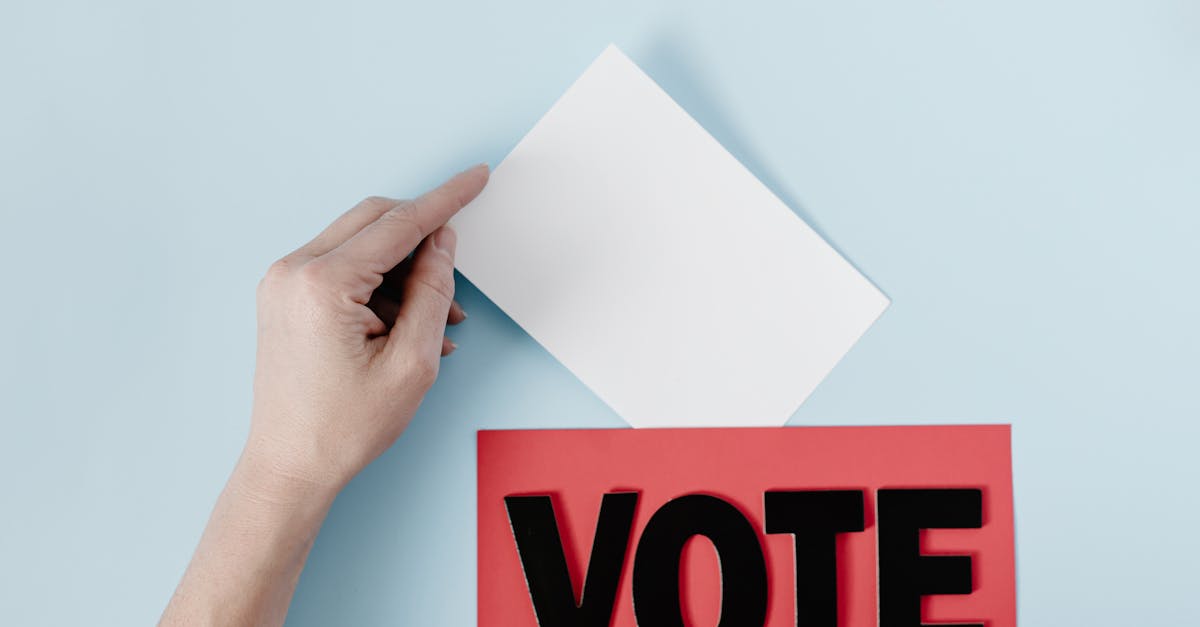
Geoff Duncan’s recent political transformation has captured significant attention as he made a notable switch from the Republican to the Democratic Party. This article explores the latest developments in Geoff Duncan’s career and political stance, providing insight into his reasons for changing party affiliation and what this means for his future and his influence in Georgia politics.
Geoff Duncan’s shift from GOP to Democrat
Geoff Duncan, formerly Georgia’s Lieutenant Governor from 2019 to 2023, officially announced his switch from the Republican Party to the Democratic Party in August 2025. His journey away from the GOP was gradual and motivated by deep ideological and moral concerns. Duncan publicly distanced himself from key elements of former President Donald Trump’s agenda, particularly criticizing the party’s approach to immigration policies and social welfare reforms. In his own words, the GOP failed to embody the Christian principle of “love thy neighbor,” a guiding value for him personally. This moral reckoning led Duncan to embrace the Democratic Party, which he believes better supports inclusivity and social support systems.
Duncan’s critique centers notably on the healthcare challenges faced by many Georgians. He highlighted that 11.4% of Georgia’s population lacks health insurance, with a majority living in working households. The problematic Medicaid coverage gap leaves many unable to afford or qualify for insurance, an issue he feels the Republican Party neglected in favor of austerity measures. By shifting to the Democratic side, Duncan intends to position himself to better advocate for these vulnerable communities and promote policies aimed at expanding healthcare access.
A changing role in Georgia politics and potential future endeavors
Since leaving office, Duncan has been active in political discourse, notably opposing Trump’s false claims about the 2020 election results in Georgia. His stance led to tensions with the GOP establishment, which ultimately marginalized him within the party. He also spoke at the Democratic National Convention supporting Vice President Kamala Harris, signaling his realignment long before formally switching parties.
Although Duncan has not announced plans to run for office as a Democrat, he has engaged with a broad spectrum of political figures who encourage him to pursue future campaigns. He briefly considered a third-party presidential bid with the “No Labels” group, reflecting his ongoing search for a platform that matches his evolving views. His rarity as a former high-ranking Republican now aligned with Democrats positions him as an influential voice amid Georgia’s shifting political landscape, especially as the state continues to be a battleground for national influence.
This transformation speaks not only to Duncan’s personal convictions but also to broader changes within American politics, where party identities and priorities are in flux. Duncan’s move may influence other moderate Republicans and signal shifting dynamics in Georgia’s political climate.
Conclusion
Geoff Duncan’s transition from a rising Republican star to a Democrat represents a profound political and personal evolution rooted in his values and policy concerns, particularly around healthcare and social inclusivity. His outspoken opposition to Trump’s claims and GOP policies illustrates his break with his former party’s direction. While his future political ambitions remain uncertain, Duncan’s journey underscores the fluidity of modern political alignments and the growing challenges moderate politicians face in navigating partisan divides. His new platform as a Democrat sets the stage for potential influence in Georgia’s and possibly national politics moving forward.